As the winter season sets in, it brings with it a delightful array of vegetables that not only add a burst of color to our plates but also offer a myriad of health benefits. Incorporating seasonal vegetables into your winter diet is a wise choice, as they are not only fresher but also packed with essential nutrients to help you stay healthy during the colder months.
Carrots : Carrots are a winterstaple that boasts a rich source of beta-carotene, essential for maintaining healthy skin and good vision. These crunchy, vibrant vegetables can be enjoyed in soups, stews, or simply as a wholesome snack.
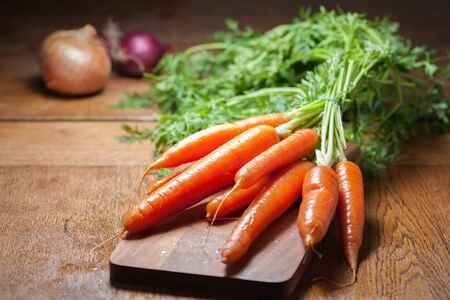
Spinach : Popeye’s favorite is a nutritional powerhouse, and it thrives in the winter. Spinach is loaded with vitamins A, C, and K, along with iron and fiber. Incorporate spinach into salads, stir-fries, or blend it into smoothies for a nutrient-packed meal.

Cabbage :Cabbage is a versatile winter vegetable that comes in various varieties such as green, red, and Savoy. Packed with antioxidants and vitamin C, cabbage is an excellent addition to coleslaws, stir-fries, or can be sautéed as a simple side dish.
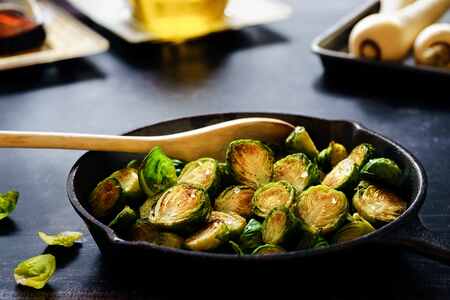
Broccoli :Known for its high fiber content and rich vitamin C concentration, broccoli is a must-have winter vegetable. Roast it, steam it, or toss it into soups for a nutrient boost that supports your immune system.
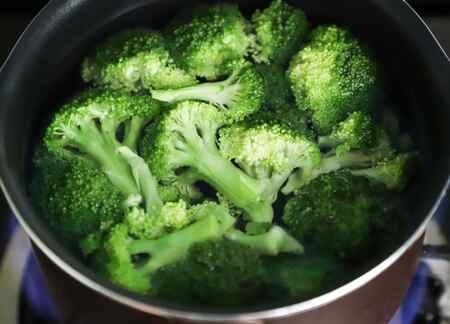
Radishes : Radishes add a peppery crunch to your winter salads and are rich in vitamin C, potassium, and fiber. These low-calorie vegetables are a flavorful and nutritious addition to your winter meals.
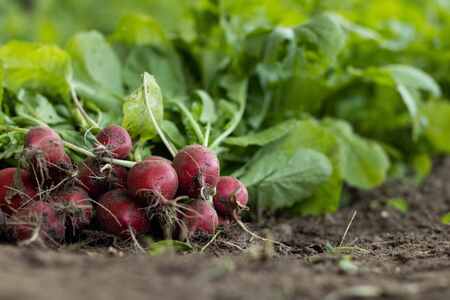
Sweet Potatoes : Sweet potatoes are a comforting winter vegetable that not only satisfies your taste buds but also provides a healthy dose of vitamins A and C. Roast, mash, or incorporate them into casseroles for a nutritious and delicious side dish.

Beets : Beets are not only a colorful addition to your plate but are also rich in essential nutrients like folate and manganese. Roasted beets, beet salads, or even beet soup can be delightful ways to include this vegetable in your winter diet.
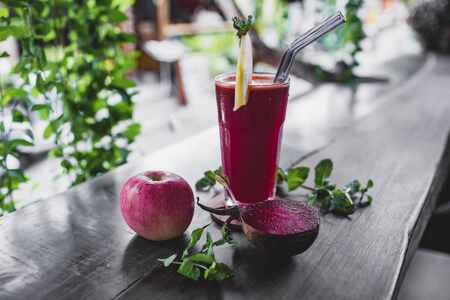
Including these winter vegetables in your diet not only adds variety to your meals but also ensures that you’re getting a diverse range of nutrients crucial for your overall well-being. Embrace the seasonal produce available during winter and savor the freshness and nutritional benefits these vegetables bring to your table.
Stay tuned to Clue Info for more such updates, and follow us on our social media channels to stay informed about the latest news. Your connection to valuable insights and current Affairs starts here!

